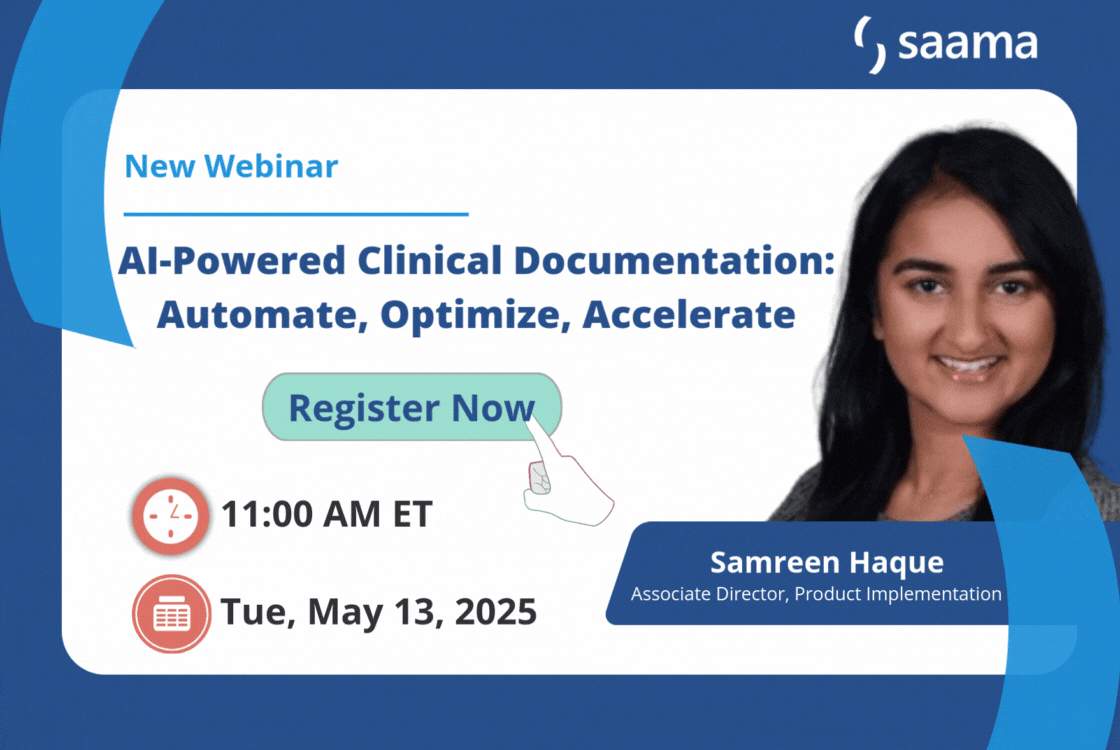A Technology Assisted Approach for SDTM Specification and Program Generation
End-to-End SDTM artifacts management with advanced features.


About BRAIN SDTM
An advanced module designed to optimize the creation and management of SDTM artifacts in strict adherence to CDISC standards. Our automation is expected to produce a 50% reduction in effort, and 69% reduction in timelines for generation of outputs per study.
Benefits
Accelerated SDTM delivery
Automation in mapping and code generation enables efficiency gains.
Submission ready SDTM
Submission ready SDTM and define.xml saves significant time in manually processing data into target formats.
Automated code generation
A metadata-based code generation enables users to update specifications and generate code as part of an integrated process while providing users flexibility.
Improved
compliance
Enables re-usable standards, leading to fewer manual edits and improving compliance.
Features
This feature group focuses on the automation of Study SDTM specifications generation by leveraging industry standards. It streamlines the process of creating study-specific SDTM specifications by adhering to established standards and guidelines, ensuring consistency and quality in data preparation for clinical trials.
This group emphasizes the platform’s compatibility and support for Define.xml. By aligning with the latest version, it enables seamless integration and compliance with regulatory requirements, facilitating efficient metadata management and submission processes.
This set of features emphasizes the system’s capability to handle study-specific value-level metadata, controlled terminology, methods, dictionaries, and comments. By providing support for tailoring these elements to individual studies, it enhances flexibility and accuracy in data representation and interpretation.
This highlights the platform’s ability to accommodate both global and study-specific transformation functions. It enables users to apply standardized and customized transformations to ensure data consistency and integrity across different studies, enhancing the adaptability and robustness of data processing workflows.
Focusing on standards management and customization, this group includes tiered standard mappings, multiple versions of controlled terminology, value-level metadata management, standard transformation maps, and custom transformation maps creation. These features empower users to efficiently manage standards, adapt them to specific study requirements, and create customized transformation maps.


